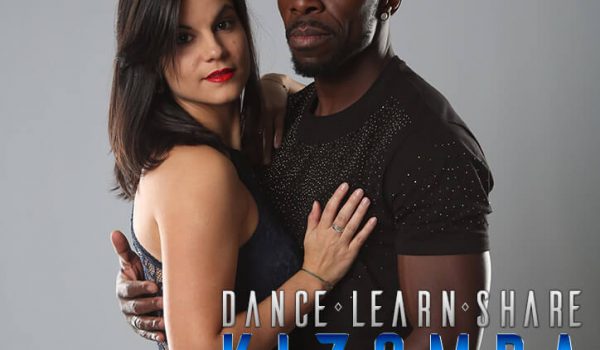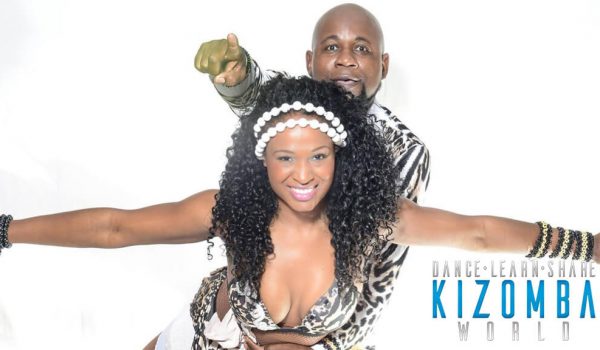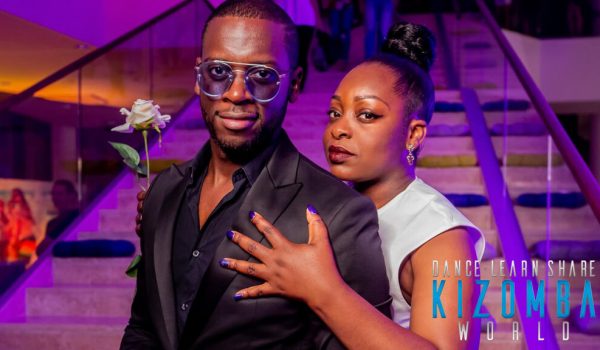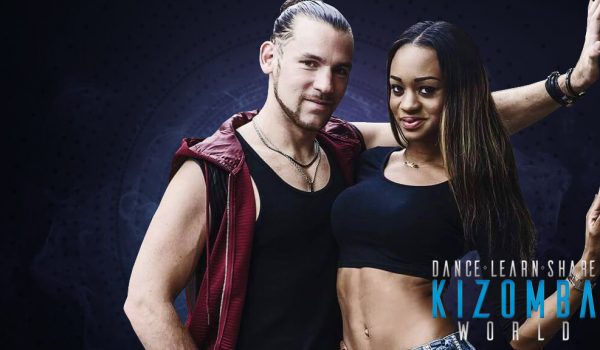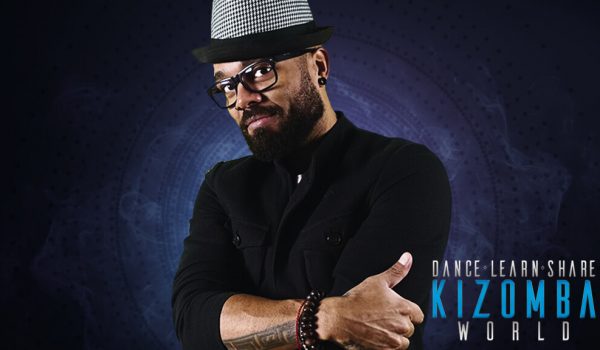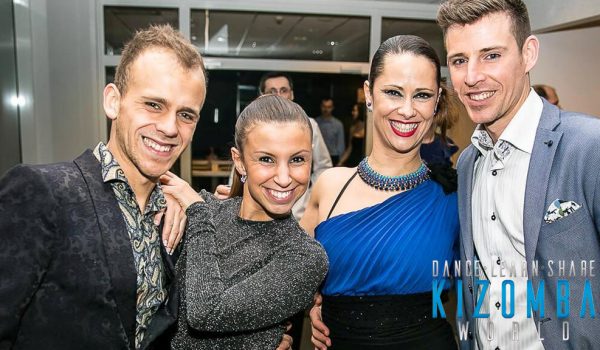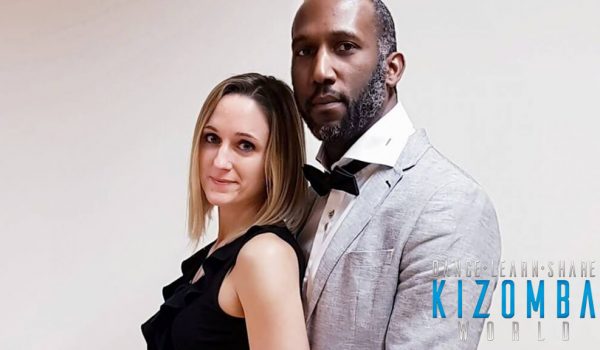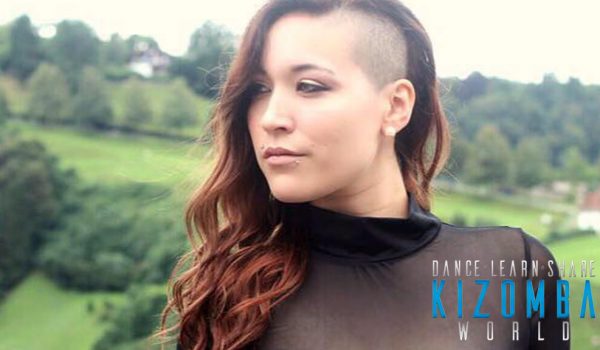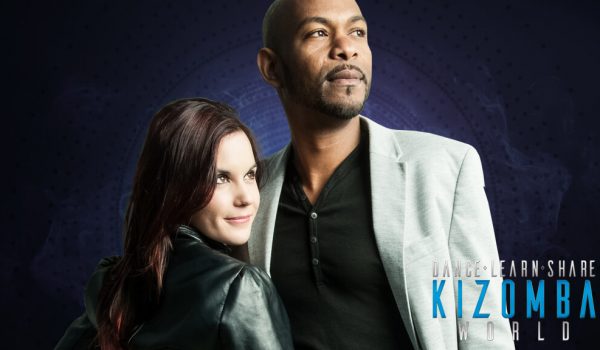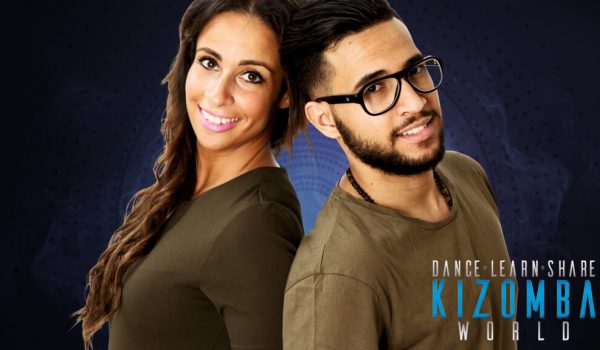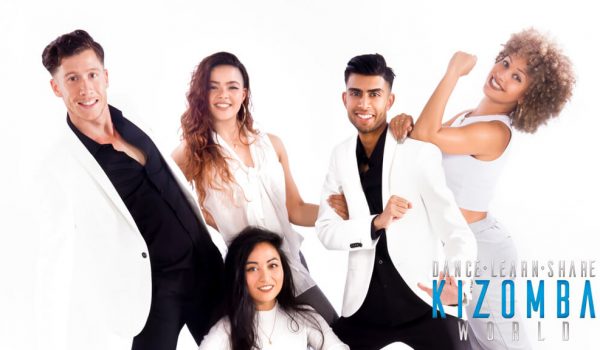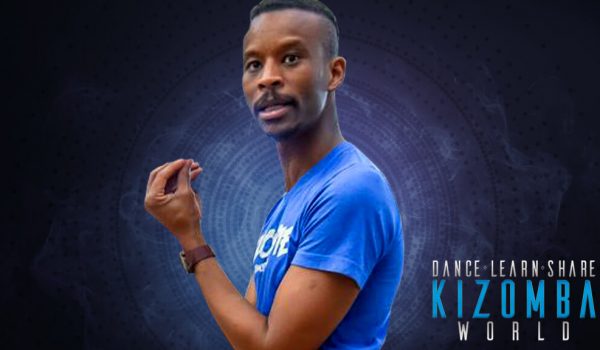Lucia Nogueira
Lucia Nogueira
PORTUGAL /
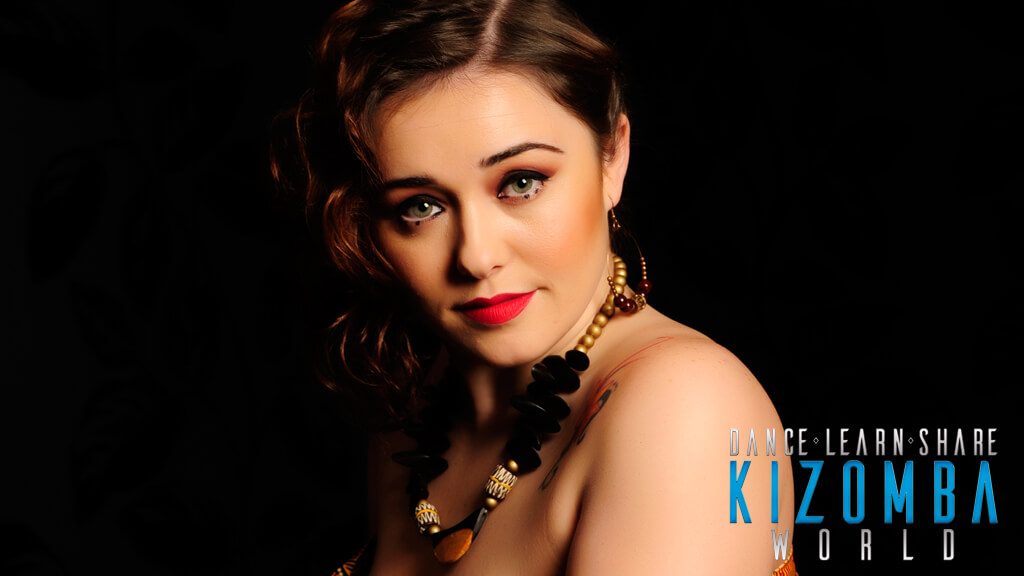
Biography
I was born and raised in Azores, and my family on my dad’s side has always been attached to music maintaining traditions and as part of the community life, therefore music directly or indirectly has always been a part of my life.
I fell in love with Kizomba and Semba when I moved to Lisbon to study. First a few colleagues from Cape Verde had me captivated with their culture and a couple of years after I was warmly welcomed by Angolan friends into their home where I lived for 5 years. I never had dance classes, I learned by being part of the community and it became a way of life.
My first dance partner was Jimmy, we won the Lisbon qualifiers which led us to competed in the International Kizomba Competition (Africadançar) in April 2012.
My second partner was Bonifacio, the 2012 Africadançar champion. We met at the competition and soon after I was invited by his agent, Mukanus Charles Producoes (who organizes the competition in Angola), to be part of their team therefore I started teaching and performing with Bonifacio in Europe. I also had the pleasure to work on several occasions with the talented Dasmara, winner of the 2013 Kizomba International Competition as well as his partner, my friend and equally talented Iolanda Rangel.
In July 2013 I moved to the UK and was pushed to start teaching solo, therefore it required me to develop a new set of skills, in terms of considering both leading and following techniques, to consider deeply the impact of culture, body movement and structure while at the same time developing a new approach to teaching. My friend, mentor and partner in crime throughout this process was Eddyvents. I mentored him in Semba and he enlarged my horizons in both teaching and dancing Kizomba. Together we brought the dance level in the UK to a higher ground. Eddyvents and I have been formal dance partners since the beginning of 2015, yet maintaining our solo projects, in a natural process which includes both our similar views concerning our work, as well as the way we are passionate about dance and culture.
From April to October 2014 I took under my wing and coached the young and talented Tboy, from Paris, into becoming an international instructor.
At the present moment I am living in the US under an artist visa sponsored by “A Time to Dance” studio in San Diego. Our aim is to bring up the Kizomba and Semba level in the region as well as expand the knowledge and awareness about the dance throughout the country.
Besides the regular teacher’s training, one of my current passions is my Kizomba teachers training for Women. Being one of the very few Women in the world who is able to pursue an International career in the dance scene, both teaching solo as with a dance partner, I understand the struggles and can better prepare Women who want to pursue this road.
I have been dancing Kizomba and Semba socially since 2004 but it was only in 2012 that the change happened – the transition between a social dancer into a performer and instructor. Since 2012 I have worked with several partners and different dance styles within the realm of Kizomba/Semba – sometimes on the verge of something more traditional sometimes on the verge of a more modern path but always being faithful to the roots of the dance
To me Semba and Kizomba are dances organically appealing! It gives us freedom to be creative, artistic and enhances your ability to feel! My belief is that attempts to process it and fusion it without first knowing the grounds of this dance is the same thing as trying to mask your inner feelings rushing over a schedule.
My aim: to teach people how to dance, not just to hand over steps but how to develop your own style and truly enjoy the marvels of this dance.
My strong point: versatility plus an ability to understand and explain body mechanics (like reading between the lines).
My biggest satisfaction: to see the happiness on people’s faces when they allow themselves to be free while dancing. Regardless of age, gender, race, religion, cultural background or any other differences, in the dance floor we are all connected as one. Kizomba is about bringing people together and build up the sense of community!
